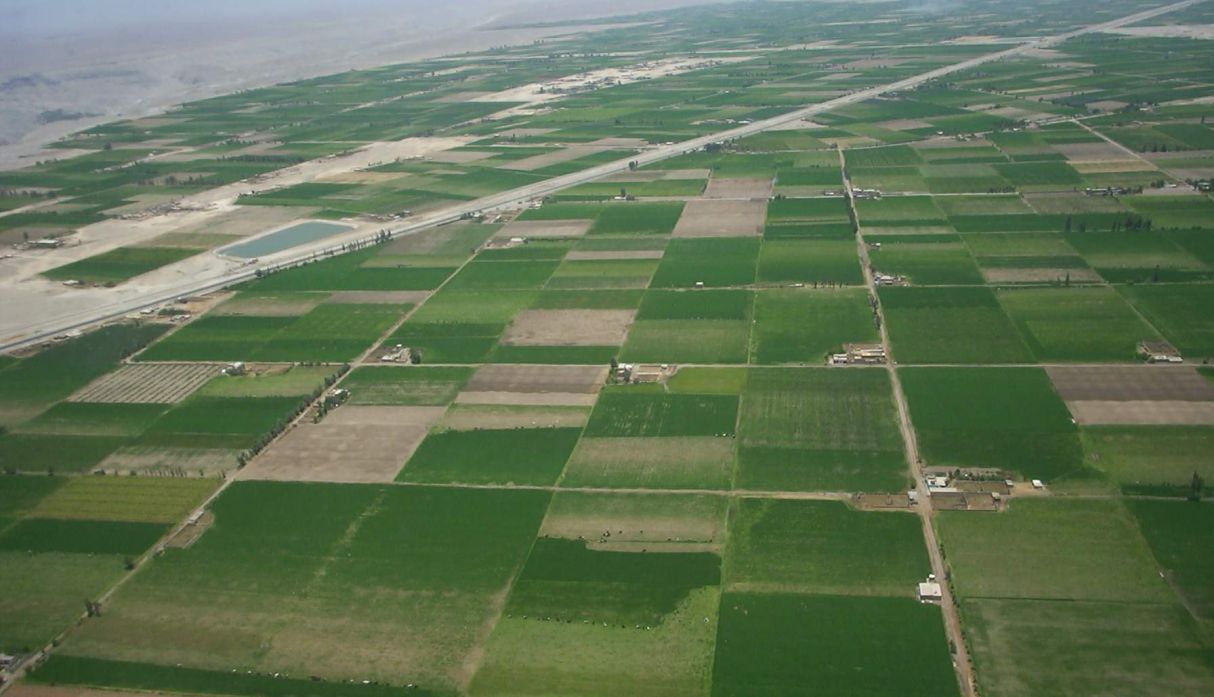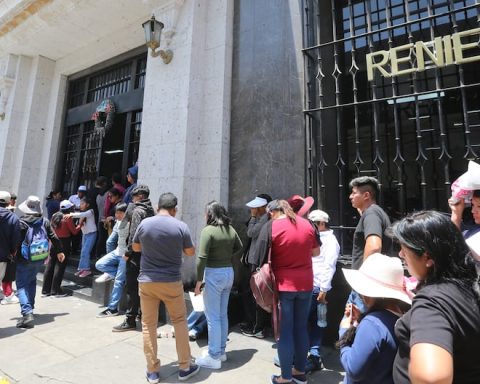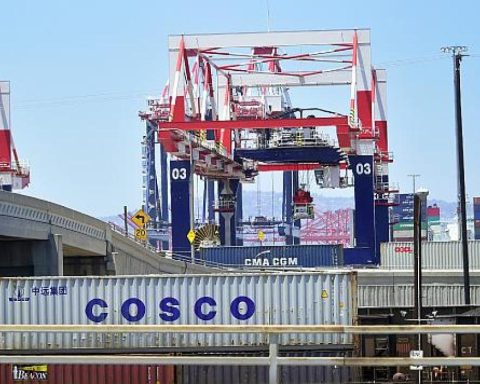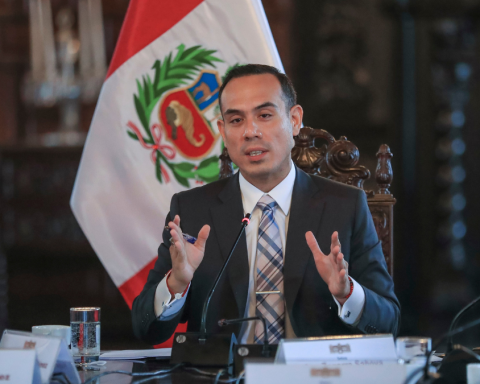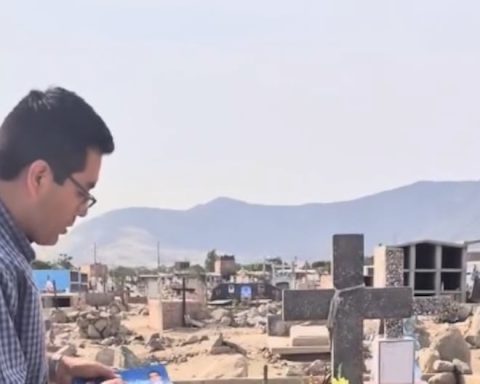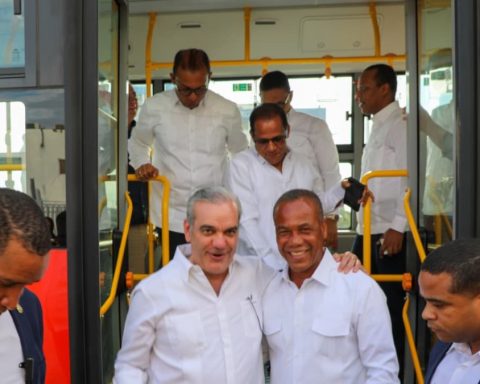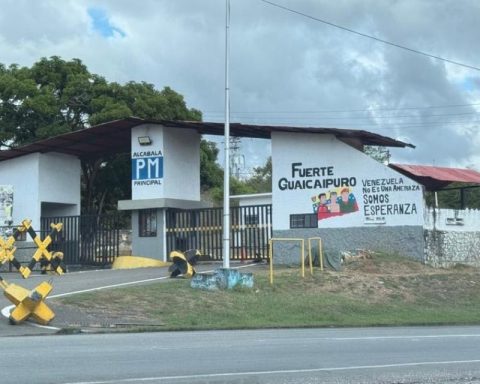BY TAXPAYERS ASSOCIATION
In it Peruthe majority of farms are family-owned, representing 97.6% of the units agriculturaland of these, 88% corresponds to agriculture of subsistence. This high proportion of small and family units means that many farmers produce for self-consumption, with limited marketing opportunities. Critical subsistence agriculture, that is, that in which production is barely sufficient for survival, represents 49.3%, standing out in the mountains (94.9%). This reduces the possibilities of investment in infrastructure and makes formalization difficult, since many farmers do not see immediate benefits from integrating into the formal system, as they cannot cover basic modernization costs.
Look: Exports generate more than 430,000 jobs in September
The impact of this fragmentation and dependence on subsistence family farming has direct repercussions on the low productivity of the sector and the low rate of formalization. Small family units cannot fully benefit from technological advances or compete efficiently in larger markets, which also affects their ability to access credit and financial services, which were concentrated in only 131,222 producers in 2022. Another serious problem that is coming The aging of the population dedicated to agriculture is accentuating over time, as seen in the graph in this report.
This phenomenon, therefore, gives rise to dispersed and small-sized farms, which affects efficiency and limits access to technology and resources, and makes it more difficult to generate economies of scale and, therefore, improve productivity and formalization of the sector. What to do then in the face of this obstacle to the development of more productive and profitable small and medium-sized agriculture?
The Taxpayers Association, analyzing the literature on the subject and the opinion of various specialists, proposes five possible reforms for the agricultural sector.
1. Strengthen, promote and generate flexible labor regimes that adapt to the seasonal nature of the agricultural industry, facilitating the rapid hiring of human capital, without barriers or obstacles so that formal workers can have more rapid labor supply and, in turn, more ability to choose the best on the market.
2. Promote the association of small farmers in alliance with the private sector so that their dedication to profitable, attractive and in-demand crops is promoted and they have access to technology and financing, reducing their inefficiency and informality.
3. Promote programs with the private sector and civil society for training in good manufacturing practices, technical assistance and technical irrigation, irrigation infrastructure, fundamental topics to increase the resilience of companies and reduce the socioeconomic vulnerabilities of farmers.
4. Large-scale projects must be accelerated and completed, such as Majes-Siguas II and Chavimochic III, which represent opportunities to expand production and promote formal employment in the sector. By improving conditions for farmers, Peru can consolidate its agricultural growth and reduce the socioeconomic vulnerabilities of this crucial sector.
5. Attraction of private investment: the legal framework and tax benefits must once again be a magnet for national and international private investment in the sector. This helped finance new projects, expand growing areas, and modernize agricultural techniques, contributing to a more competitive and productive agricultural sector.
Take advantage of the NEW EXPERIENCE, receive our enriched digital newspaper by mail and WhatsApp. Peru21 ePaper.
Now available in Yape! Find us at YAPE Promos.
RECOMMENDED VIDEO
